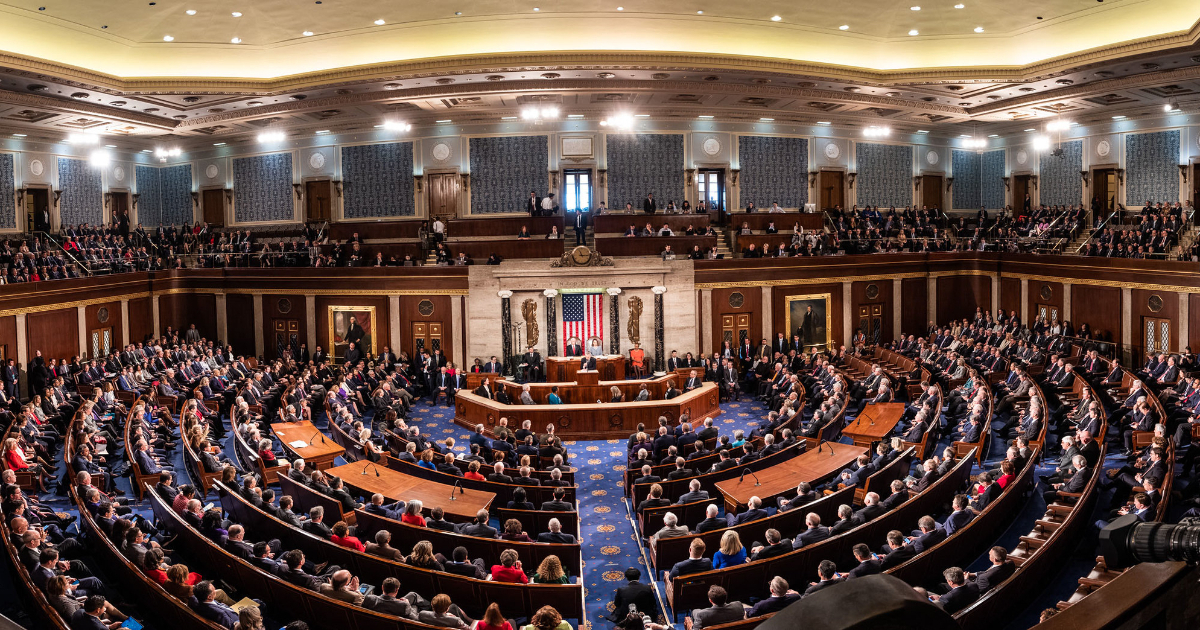
Related videos:
The U.S. Congress reopened the debate on the embargo against Cuba on Wednesday, a policy that has divided Democrats and Republicans for decades. On one side, there are those who argue that the measure damages Washington's image, while on the other side, advocates call for tightening the sanctions.
During the hearing of the Subcommittee on Global Health, Human Rights, and International Organizations, Republican Congressman Christopher Smith described the Cuban government as one of the "most repressive and brutal regimes in the world" and emphasized its ties to China as a threat to U.S. national security, according to the AFP agency.
Smith proposed to "double the sanctions" as a measure to pressure the regime.
Ileana Ros-Lehtinen, a former Cuban-American congresswoman, supported this stance, stating that maintaining the embargo is "the right thing to do" and accused the Cuban government of diverting resources intended for the population to other purposes.
For María C. Werlau, director of Archivo Cuba, totalitarian regimes do not engage in dialogue; therefore, sanctions should be intensified and international support sought to further isolate Cuba, following a model similar to that which contributed to the end of apartheid in South Africa.
In contrast, Democrat Susan Wild questioned the effectiveness of the embargo, stating that the policy of isolation has failed to improve the conditions for the Cuban people. According to Wild, the current approach "only serves to distance Cuba further from the promise of a free society."
Juan Pappier, a representative of Human Rights Watch, described the embargo as counterproductive, arguing that it has provided the Cuban government with an excuse to justify its economic failures and abuses, as well as to garner international sympathy.
Pappier proposed to gradually replace the embargo with specific sanctions against those responsible for human rights violations, while promoting a multilateral approach.
The debate occurs weeks before the elected president Donald Trump takes office with a Republican majority in both chambers of Congress. His selection of Marco Rubio as the head of diplomacy suggests a tightening of sanctions against Cuba.
However, the outgoing administration of Joe Biden has made it clear that it does not plan to change its policy toward Cuba before the end of its term on January 20. According to Secretary of State Antony Blinken, there will be no changes to Cuba's designation as a state sponsor of terrorism or the associated sanctions.
The embargo, in effect since 1962, has been one of the most controversial points of U.S. foreign policy. In 2015, during Barack Obama's administration, a historic rapprochement was achieved that included Cuba's removal from the list of state sponsors of terrorism.
However, Donald Trump reversed these measures in 2021, tightening the sanctions, an approach that the Biden administration has maintained.
Frequently Asked Questions about the U.S. Embargo on Cuba and the Congressional Debate
What is the rationale for doubling the sanctions against Cuba?
The argument in favor of doubling the sanctions against Cuba is that the Cuban regime is regarded as one of the "most repressive and brutal in the world," and its ties to China are perceived as a threat to U.S. national security. Furthermore, it is believed that totalitarian regimes do not respond to dialogue, which is why the sanctions aim to pressure the Cuban government into making changes.
What criticisms do Democrats make about the embargo on Cuba?
Democrats criticize the embargo on Cuba, arguing that it has failed to improve the conditions of the Cuban people. They claim that the policy of isolation has not achieved its objectives and has served the Cuban government as an excuse to justify its economic failures and abuses, in addition to gaining international sympathy. They propose replacing the embargo with targeted sanctions and promoting a multilateral approach.
What stance is expected from the Trump administration regarding Cuba?
The Trump administration is expected to tighten sanctions on Cuba. With the election of Marco Rubio as head of diplomacy, a more aggressive and restrictive policy is anticipated. Trump had already reversed the rapprochement measures put in place by Obama, and it is expected that he will continue with a maximum pressure approach toward the Cuban regime.
How does the embargo on Cuba affect its economy and society?
The embargo on Cuba impacts its economy by restricting access to markets and international financing. However, it is also argued that the Cuban regime uses the embargo as an excuse to conceal its own economic and political failings. On a social level, the embargo has contributed to shortages of goods and services, adversely affecting the living conditions of the Cuban people.
Filed under: